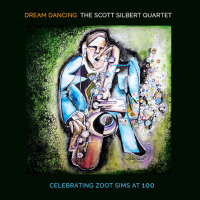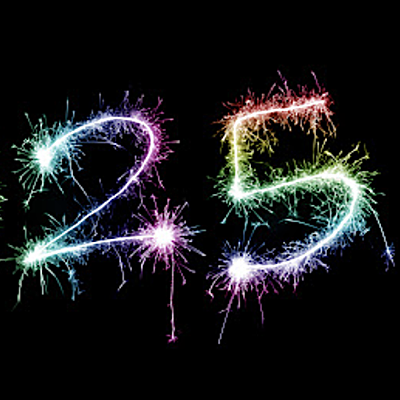Home » Jazz Articles » Bill Dixon
Jazz Articles about Bill Dixon
Bill Dixon: With Archie Shepp, 7-Tette & Orchestra Revisited

by Giuseppe Segala
È benvenuta questa pubblicazione nel catalogo ezz-thetics Revisited, collana che prosegue con risolutezza nella riproposta di lavori importanti, spesso fondamentali del jazz contemporaneo, concentrando in particolare la propria attenzione sugli anni Sessanta e abbinando in unico CD registrazioni storiche, opportunamente restaurate e corredate di inedite, meticolose note di copertina. Protagonista di questa uscita è Bill Dixon, figura singolare, di notevolissimo valore, la cui presenza discografica è stata purtroppo rara e saltuaria, spesso affidata alla diligente attenzione di ...
Continue ReadingBill Dixon: With Archie Shepp, 7-Tette & Orchestra Revisited

by Chris May
If Bill Dixon is today, in 2023, less widely remembered than other New Thing warriors such as Archie Shepp, Cecil Taylor and Albert Ayler, it is partly because he had little desire for celebrity, devoting much of his energy to organizing on behalf of his fellow musicians and composers, and teaching. In 1964, midway through making the 1962-1967 recordings collected on this album, Dixon organized the historic October Revolution in Jazz at the Cellar Café in Manhattan, which ...
Continue ReadingCecil Taylor: With (Exit) To Student Studies Revisited

by Mark Corroto
Documenting the evolution of Cecil Taylor is an undertaking that is way beyond the pay grade of most listeners. Just as in the study of homo sapiens (yes, us) where there is no critical moment (the missing link) that we can definitely pinpoint where our ancestors established language, art and importantly, abstract thought, Taylor's music can be thought of in similar terms. Obviously his approach didn't emerge fully formed. Or did it? No, that is an irrational thought, but a ...
Continue ReadingBill Dixon e Cecil Taylor: iniziò a Verona

by Angelo Leonardi
La pubblicazione di quest'inedita incisione in studio documenta un momento storico: il magistrale e fugace confronto artistico tra Bill Dixon e Cecil Taylor dell'estate 1992. I due protagonisti del free dettero il 25 giugno di quell'anno un concerto a Verona Jazz, nei giorni seguenti s'esibirono a Vienne (Francia) e subito dopo entrarono in studio a Villeurbanne per documentare i brani ora pubblicati. L'allora direttore di “Musica Jazz," Pino Candini, definì il concerto veronese “un incontro avvenuto sotto il ...
Continue ReadingBill Dixon: An In-depth Look into the Accomplishments, Philosophies, and Convictions of the Man

by Frank Rubolino
This interview was originally published at One Final Note in October 2002. When one reflects on the innovators who were fundamental in propelling the second wave of the new music movement in the 1960s, Bill Dixon's name always appears near the top of the list. His accomplishments as a musician and educator are vast, a small sampling of which includes his work as architect of the Jazz Composers' Guild in 1964; the formation of the Black Music Division ...
Continue ReadingBill Dixon: Envoi

by AAJ Italy Staff
Poco più di un anno fa, il 16 giugno 2010, moriva Bill Dixon. Circa un anno dopo la Victo ha edito questo CD che riporta l'ultimo concerto del maestro, registrato il 22 maggio 2010 (quindi meno di un mese prima della sua morte) al 26° Festival International de Musique Actuelle di Victoriaville. Oltre a trovarci di fronte ad un documento storico imperdibile, rimaniamo colpiti dall'elevata qualità creativa della musica, dalla sua densità e motivazione, dall'intreccio formicolante dell'interplay. Si tratta di ...
Continue ReadingBill Dixon: Excerpts from Vade Mecum

by AAJ Staff
Introduction by AAJ Contributor Clifford Allen.
It is rare in the climate of this music to be presented with a view of an artist that is truly multifaceted, even though the collected works of most artists operate at a number of levels and, on occasion, in a number of media. Bill Dixon is probably best known as a trumpeter and composer; he is also a visual artist, professor (Bennington College, 1968-1996), and has created an expansive body of written material, ...
Continue Reading















